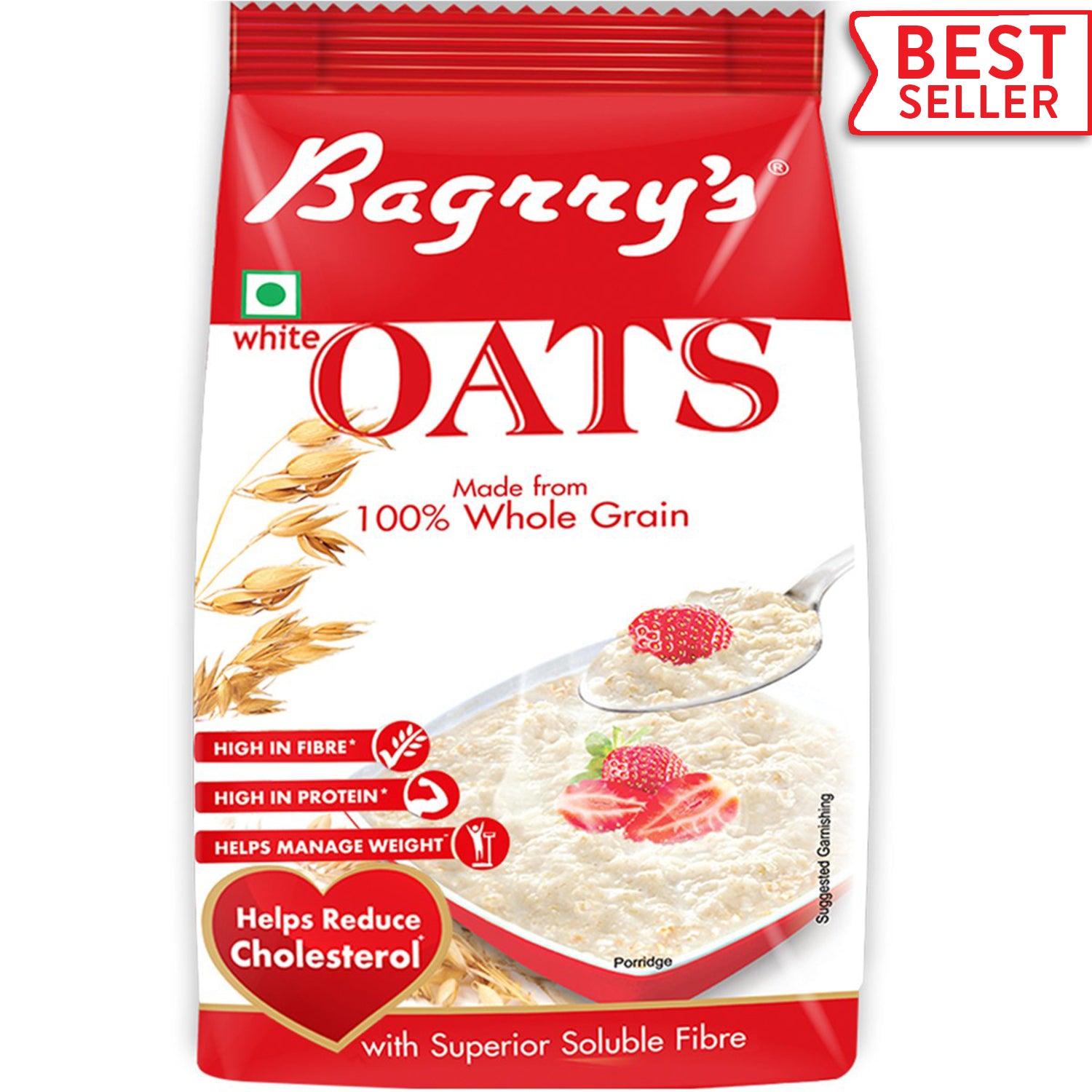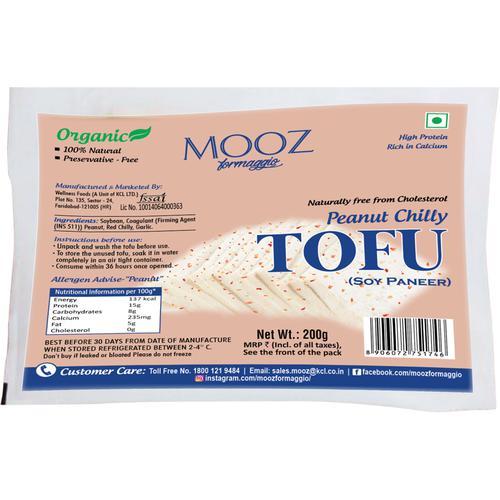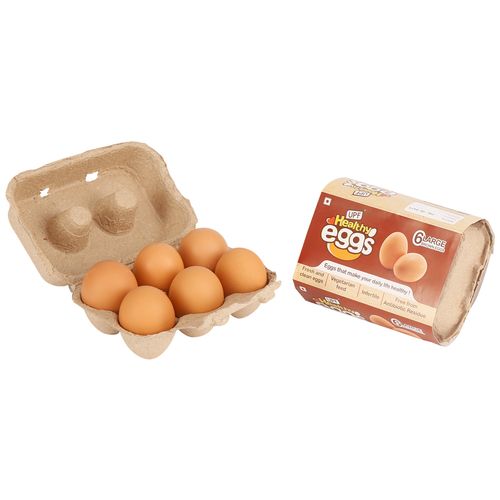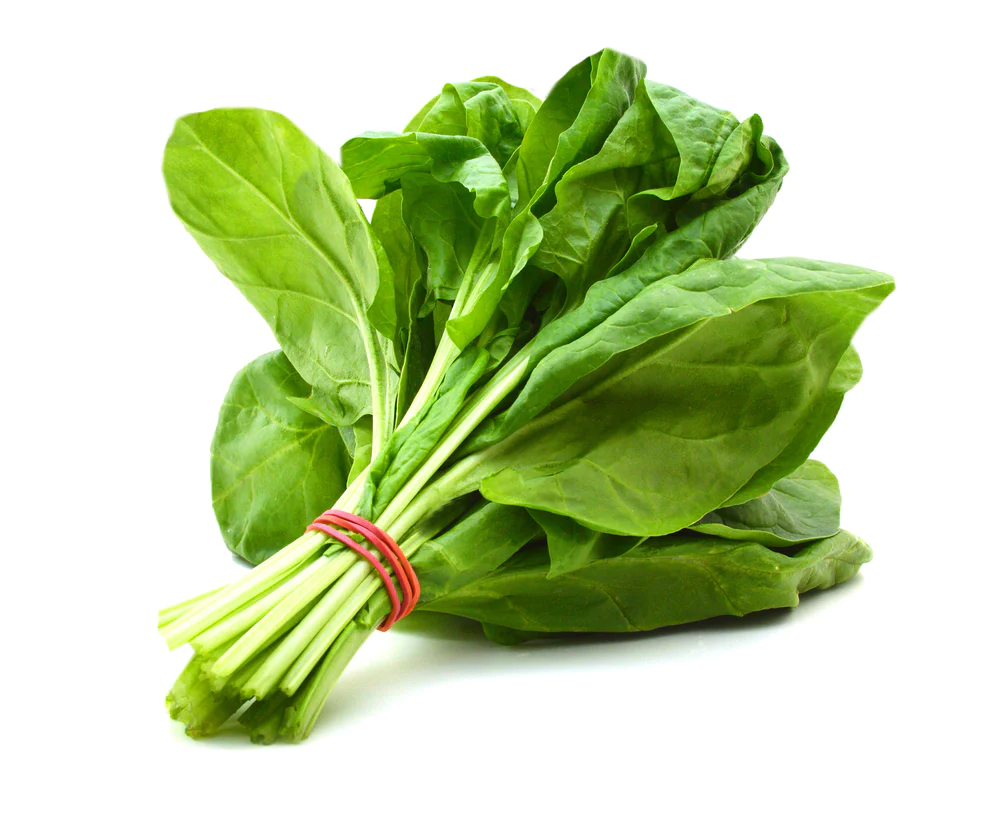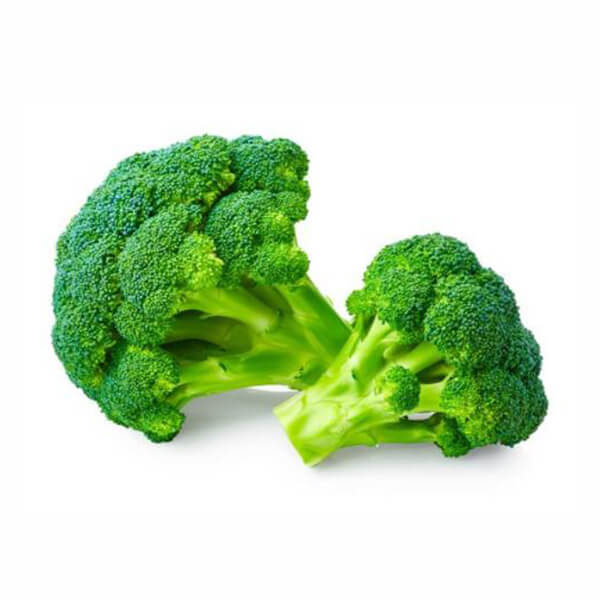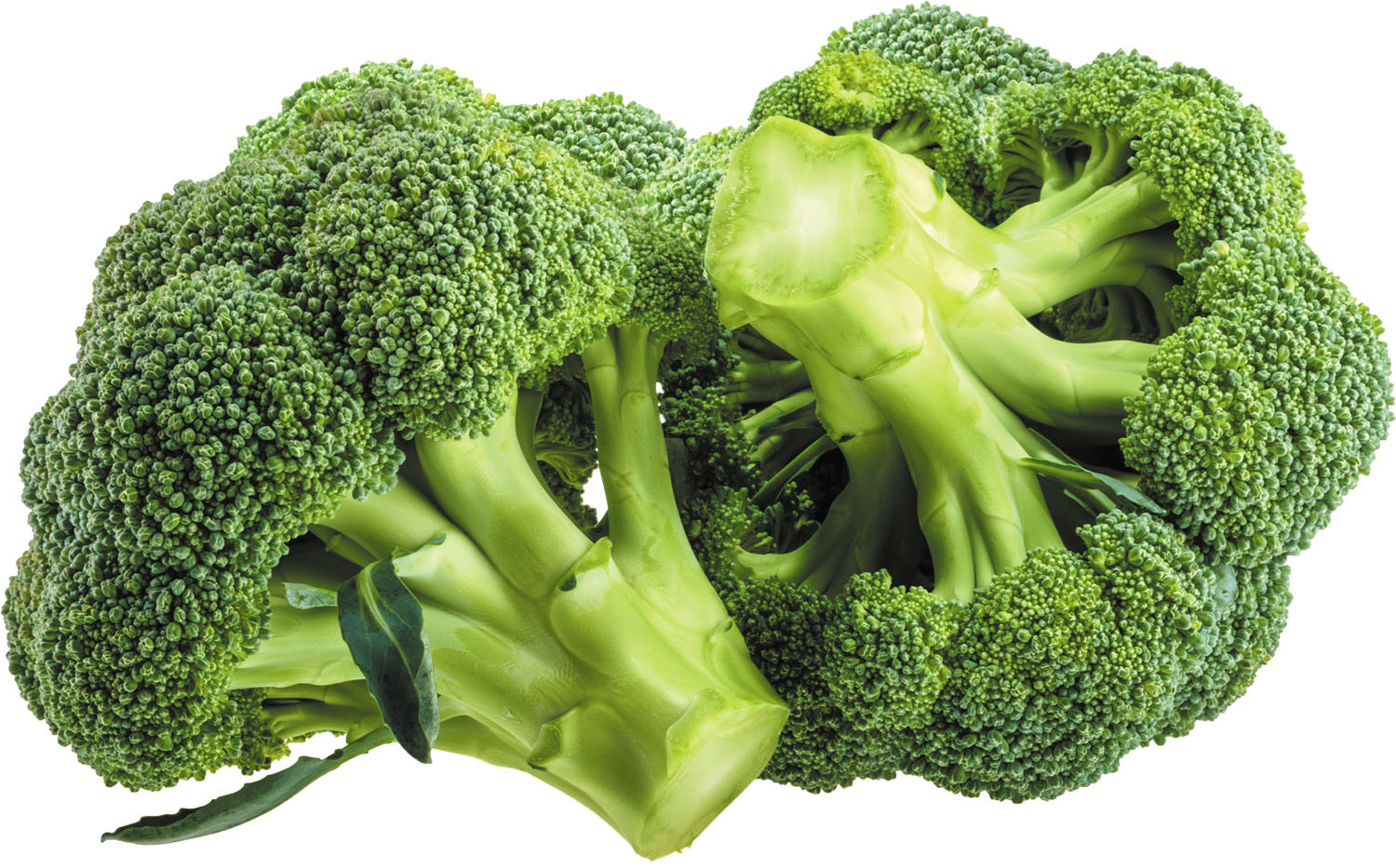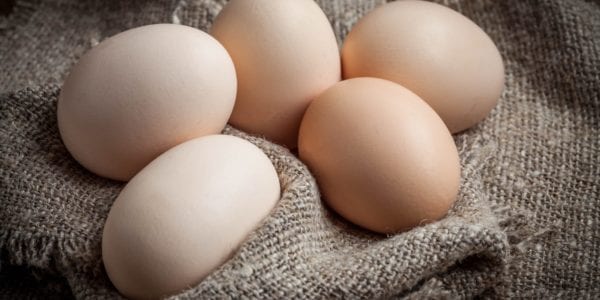Lifestyle changes are essential for managing cholesterol and maintaining good health. High cholesterol that goes untreated can result in heart disease — the leading cause of death in women. High cholesterol during menopause doesn’t mean you didn’t take enough care. This change of life is common, and it’s important that you discuss it with your healthcare provider.
Published Date January 24, 2003
Take control of rising cholesterol levels at menopause
By Naurin Ansari
3 min read
Last update date: January 24, 2003
All about LDL, HDL, heart-healthy diet and cholesterol.

Cholesterol has been considered a major concern in women. A woman could have normal cholesterol levels throughout her life but that might change altogether at menopause. Let’s see how one can deal with it.
How is menopause associated with cholesterol?
The reason why menopausal women are exposed to a more atherogenic lipid profile than pre-menopausal women is the increasing levels of LDL, lipoprotein-alpha and triglycerides and decreasing levels of HDL. Total cholesterol levels peak in women at 55–65 years of age, which is about 10 years later than the peak in men. It was shown in a recent survey that only one in four women associates menopause with high cholesterol leading to fewer cholesterol checks.
- Eat a heart-healthy diet:
For a busy and career-oriented woman eating healthy isn’t always easy. Try prepping meals in advance to save time helping you avoid junk.
- If you smoke, quit:
Smoking decreases HDL (good cholesterol) levels and may increase the level of triglycerides in your blood.
- Maintain your weight:
Women should try to aim for at least 150 minutes of physical activity each week to help prevent heart disease, and 300 minutes or more weekly to lose excess weight.
- Exercise:
Exercise will strengthen your heart and will promote the health of your blood vessels, which in turn will help boost your HDL levels and lower your blood pressure.
- Take medication:
When cholesterol cannot be managed by lifestyle changes, it’s necessary to take medication. Statins are drugs that cause the liver to make less cholesterol and can be prescribed by your general practitioner as a method of decreasing the levels of triglycerides and increasing the levels of HDL.
Foods to eat during menopause.
- Whole-grains:
Whole grains such as barley, brown rice, and buckwheat are excellent sources of heart-healthy soluble fibres, plant protein, and Vitamin B which are responsible for energy and metabolism regulation. - Leafy greens:
Leafy greens are linked to longevity (long life) and are a great way to pack in several hard-to-obtain nutrients like calcium, magnesium, potassium, and fibre. All of these nutrients are essential for great health in menopause as calcium and potassium keep bones and muscles strong, fibre helps prevent weight gain, and magnesium regulates our energy levels and mood. - Soy:
Soy is a plant protein that contains phytoestrogens (hormones derived from plants) called Isoflavones, which have an estrogen‐like structure that binds weakly to estrogen receptors. Soy isoflavones either stimulate or block estrogen responses reducing menopausal symptoms and promoting healthier bones. - Eggs:
A great protein source for menopausal women as they have been known to reduce cholesterol levels and obesity. - Broccoli:
Broccoli has a positive impact on estrogen levels as it is full of calcium and fibre and which reduces the severity of symptoms associated with menopause.
Take home
References
- https://www.health.harvard.edu/womens-health/take-control-of-rising-cholesterol-at-menopause
- https://www.uscjournal.com/articles/menopause-cholesterol-and-cardiovascular-disease-0
- https://www.southdaleobgyn.com/perimenopause/manage-cholesterol-perimenopause/
- https://www.cookinglight.com/nutrition-101/best-foods-for-menopause-diet
Related Items
Choose Healthy With Us.
Know the real truth about your food. Stay informed and healthy, for free.

Download the App Now
Certified nutritionists trust our food recommendations. Safe to say, so can you :)






